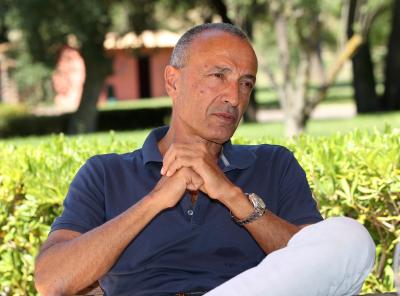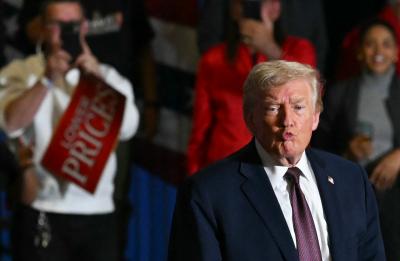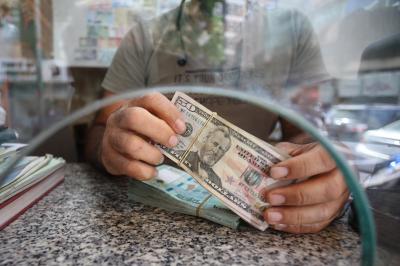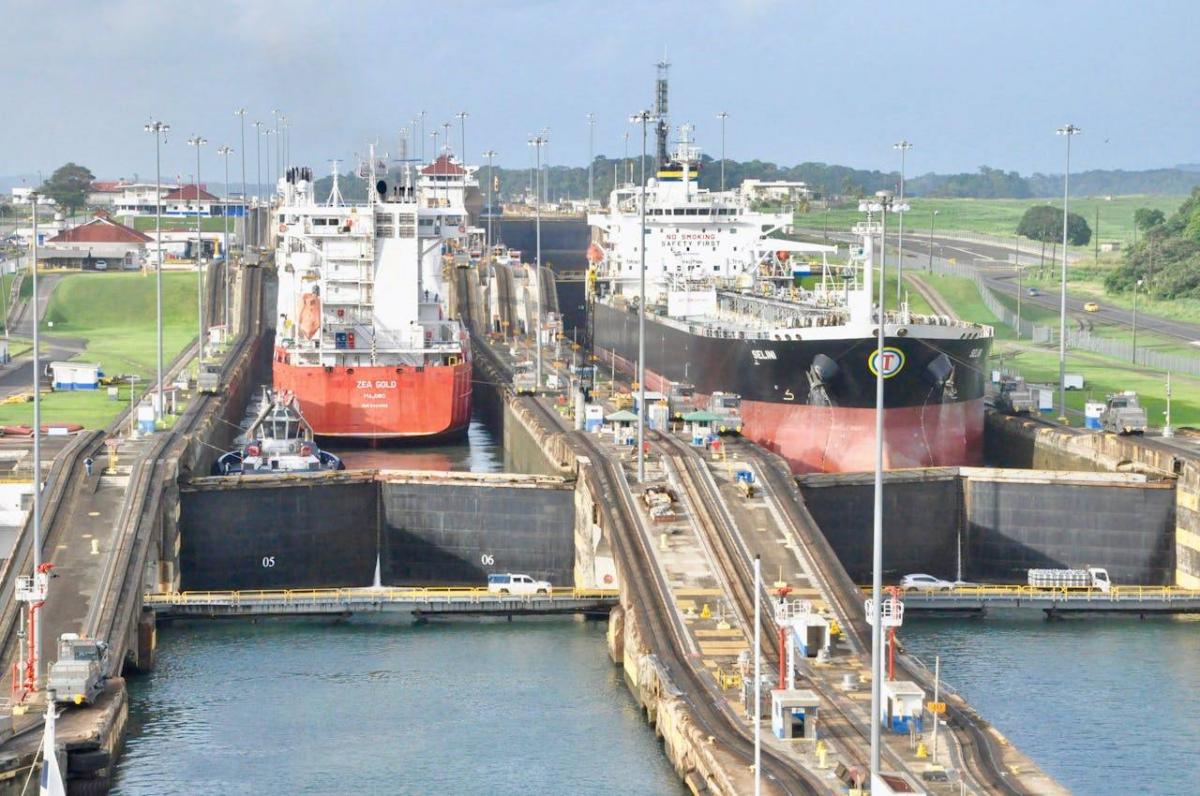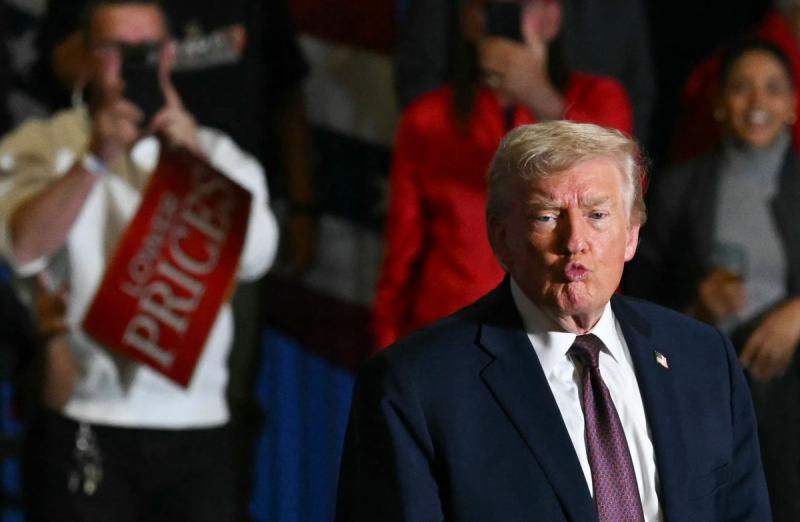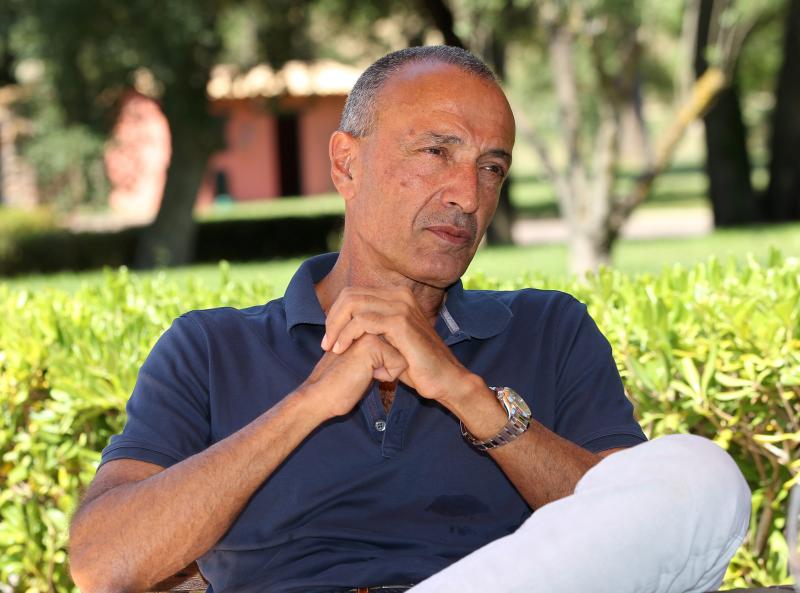In recent days, the U.S. President-elect, Donald Trump, has made a series of statements suggesting expansionist intentions, mentioning the possibility of reclaiming American control over the Panama Canal and annexing Greenland, which is currently under Danish sovereignty.
These remarks come shortly after a controversial proposal to Canadian Prime Minister Justin Trudeau, suggesting either making Canada the 51st U.S. state or accepting a 25% increase in tariffs on Canadian exports. During his campaign, Trump had already threatened to deploy the U.S. military to enforce a naval blockade against Mexican cartels while asserting he would order the Pentagon to mobilize special forces to eliminate their leaders.
These statements reflect Trump’s intention to pursue a decidedly aggressive foreign policy, aiming to assert American hegemony not only over its adversaries but also its allies. However, these provocative positions risk encountering strong opposition from world leaders committed to preserving their national sovereignty.
At a conservative youth rally on Sunday in Phoenix, Trump declared, “We have been deprived of the Panama Canal, like many other things around the world,” promising to reclaim this strategic passage without specifying how he intends to do so.
For context, control of the Panama Canal, built by the United States in 1914, was transferred to the Panamanian government under a treaty signed in 1977 by Democratic President Jimmy Carter. Since 1999, Panama has exercised full sovereignty over the canal.
Panamanian President José Raúl Molino quickly responded, demanding “respect” for his country and stating, “Every square meter of the Panama Canal and its adjacent zones belongs to Panama and will remain so forever. The sovereignty and independence of our nation are non-negotiable.”
In a characteristically Trumpian show of force, the President-elect later tweeted on his “Truth Social” platform an image of the canal adorned with an American flag, accompanied by the slogan: “Welcome to the American Canal.”
Stretching 80 kilometers, the Panama Canal is crucial for the global economy, accounting for 4% of international trade. Trump’s sudden interest in this strategic passage appears motivated by China’s rising influence in Latin America, where it has surpassed the United States as the region’s primary trading partner.
Trump has also reignited tensions over Greenland. On “Truth Social,” he wrote, “For reasons of national security and global freedom, the United States believes it is essential to own and control Greenland.”
This statement echoes his 2019 remarks when he floated the idea of buying Greenland, calling the hypothetical deal a “great real estate transaction” with “strategic importance.” At the time, his comments caused a diplomatic crisis with Denmark, a NATO member.
Greenland, the world’s largest island after Australia (which is a continent), is an autonomous territory under Danish sovereignty. It spans more than 2 million square kilometers and has its own government and parliament.
In response to Trump, Greenlandic Prime Minister Múte Egede affirmed, “Greenland belongs to us and is not for sale.”
As for Canada, Trump’s idea of making it an American state has sparked outrage, particularly after he began referring to Justin Trudeau as a “governor” rather than a Prime Minister. This controversy comes as Canada faces a political crisis triggered by the surprise resignation of the Deputy Prime Minister, who disagreed with Trudeau’s handling of growing economic tensions with the United States.
In November, Trump threatened to impose 25% tariffs on all goods imported from Canada and Mexico, accusing these countries of laxity in combating drug trafficking and managing borders.
These threats are causing concern among both U.S. adversaries and allies, particularly in Europe. Trump announced his intention to impose tariffs of up to 20% on all imports from the European Union, despite bilateral trade exceeding $1.3 trillion.
Some experts warn that such measures could not only stifle investment and destroy jobs but also destabilize financial markets.
Meanwhile, Trump continues to pressure Europe to increase its purchases of American gas, a trend reinforced by the mass abandonment of Russian gas following the conflict in Ukraine.
Please post your comments on:
[email protected]
 Politics
Politics

